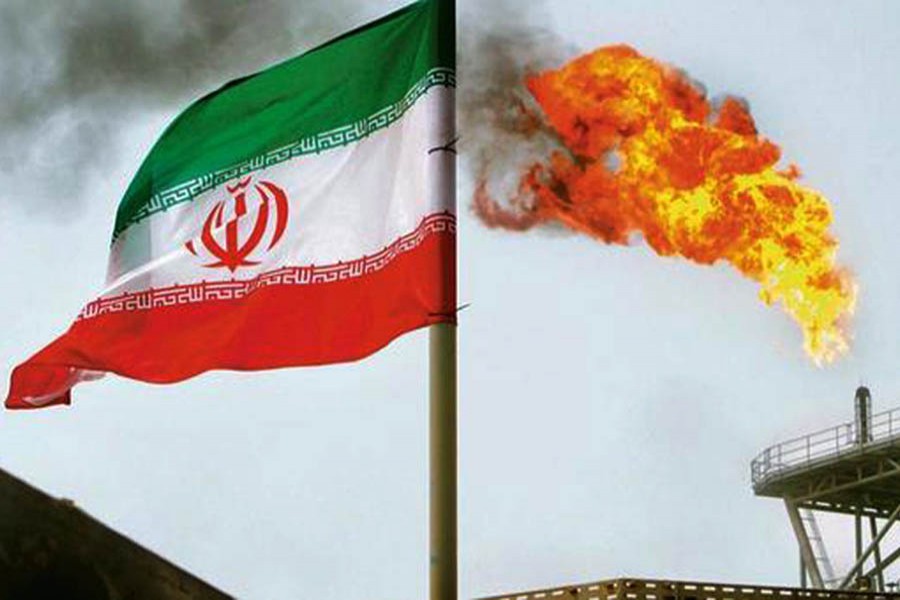A top military aide to Iran’s Supreme Leader Ayatollah Ali Khamenei said on Sunday that any clash between the two countries would push oil prices above $100 a barrel.
The military aide to Khamenei made the comment while US military vessels in the Gulf are within the range of Iranian missiles.
Iran and the United States have been drawn into starker confrontation in the past month, a year after Washington pulled out of a deal between Iran and global powers to curb Tehran’s nuclear programme in return for lifting international sanctions, reports Reuters.
Washington re-imposed sanctions last year and ratcheted them up in May, ordering all countries to halt imports of Iranian oil.
In recent weeks it has also hinted at military confrontation, saying it was sending extra forces to the Middle East to respond to an Iranian threat.
Yahya Rahim Safavi, a top military aide to Khamenei, said: “The Americans are fully aware that their military forces (in the region) are within the Iran’s missile range and all US and foreigners’ navy in the Persian Gulf are within the range of land-to-sea missiles of the Revolutionary Guards.”
“The first bullet fired in the Persian Gulf will push oil prices above $100. This would be unbearable to America, Europe and the US allies like Japan and South Korea,” Rahim Safavi was quoted as saying by Fars news agency.
US President Donald Trump has condemned the nuclear deal, signed by his predecessor Barack Obama, as flawed for not being permanent and for not covering Iran’s ballistic missile programme and role in conflicts around the Middle East.
Trump said last week he was hopeful Iran would come to negotiating table to reach a new deal.
Dismissing any negotiations with Washington on Iran’s missile programme, Iran’s Armed Forces Chief of Staff, Major General Mohammad Baqeri was quoted as saying by Fars on Sunday: “Iranian nation with not retreat an iota from Iran’s defensive capabilities.”
President Hassan Rouhani on Saturday suggested Iran may be willing to hold talks if the United States showed it respect, but said Tehran would not be pressured into negotiations.


